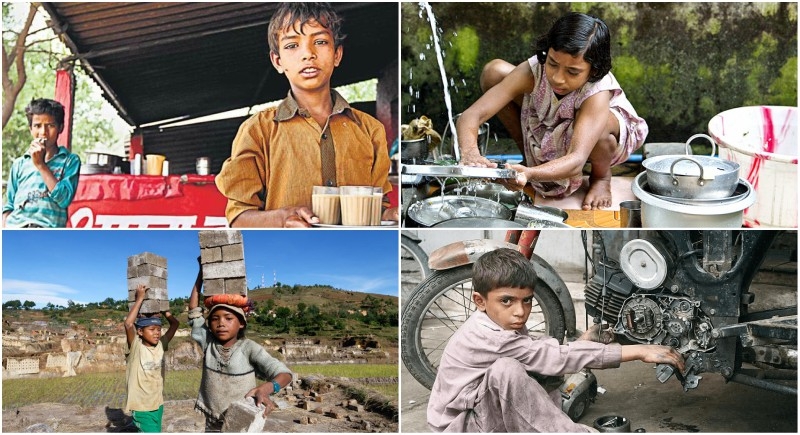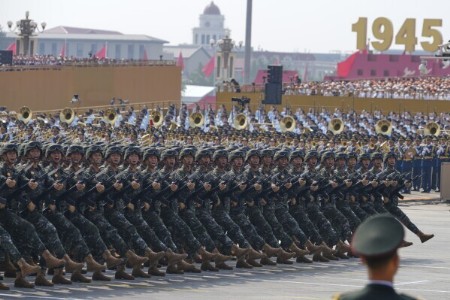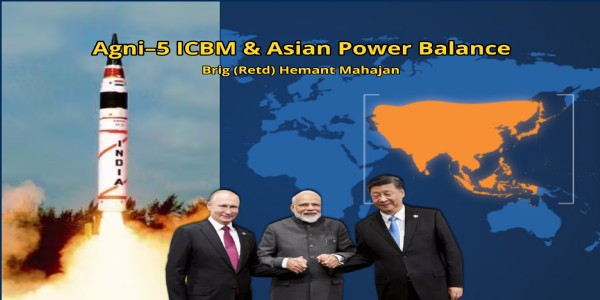World Anti-Child Labour Day: Not just by words, take a pledge today to eliminate ‘Chhotus’ ‘Munnas’
Mumbai, June 12: Many times we see while we visit nearby tea stalls and restaurants small children serving to customers and people often calling ‘Chhotu Zara Chai Laa’ ‘Munna Zara Paani Laa’ but have we ever thought that is his (Chhotu) age to work? Today, World Day Against Child Labour is the opportunity to prove yourself that we not only speak on child labors but we do not support it at all.

The International Labour Organization (ILO) launched the World Day Against Child Labour in 2002 to focus attention on the global extent of child labour and the action and efforts needed to eliminate it. Each year on 12 June, the World Day brings together governments, employers and workers organizations, civil society, as well as millions of people from around the world to highlight the plight of child labourers and what can be done to help them.
The Sustainable Development Goals (SDGs), adopted by world leaders in 2015, include a renewed global commitment to ending child labour. Specifically, target 8.7 of the Sustainable Development Goals calls on the global community to: "Take immediate and effective measures to eradicate forced labour, end modern slavery and human trafficking and secure the prohibition and elimination of the worst forms of child labour, including recruitment and use of child soldiers, and by 2025 end child labour in all its forms."
This year, the World Day Against Child Labour and the World Day for Safety and Health at Work shine a spotlight on the global need to improve the safety and health of young workers and end child labour.
This joint campaign aims to accelerate action to achieve Sustainable Development Goal target 8.8 of safe and secure working environments for all workers by 2030 and SDG target 8.7 of ending all forms of child labour by 2025. Achieving these goals for the benefit of the next generation of the global workforce requires a concerted and integrated approach to eliminating child labour and promoting a culture of prevention on occupational safety health.
The returns on the investment in ending child labour are incalculable. Children who are free from the burden of child labour are able to fully realize their rights to education, leisure, and healthy development, in turn providing the essential foundation for broader social and economic development, poverty eradication, and human rights.
We must move much faster if we are to honour our commitment on ending child labour, and we need to do it together.




